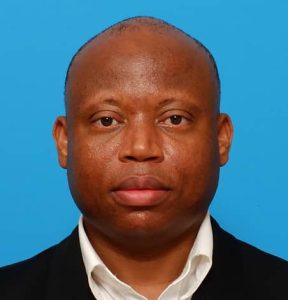The Department ran programme leading to the award of a Bachelor of Technology in Computer Engineering. The undergraduate programme was designed to provide fundamental knowledge and then deepen the students’ grasp of Computer Engineering.
It introduced them to the techniques and tools of research and development, and generally prepared them to face challenges and solve problems in the field of Computer Engineering/Information and Communication Technology. The Department operated with an interim accreditation from National Universities Commission (NUC), but had a denied accreditation in 2005. Following this denial, admission of fresh students was stopped, and the last batch of the students graduated in 2011.
In line with the exit report and recommendations of 2015 NUC accreditation team for the Faculty of Engineering, the need to ensure the recovery of Computer Engineering as a separate Department out of the present Electrical Engineering Department in the University became very apt. A Committee was put in place by the Head of Department of Electrical Engineering (Dr. S. Orike) in the 2016/2017 academic session to work out the modality, with Prof. C. O. Ahiakwo as the Chairman and Dr. Promise Elechi as Secretary. The Committee revised the programme curriculum in line with the provisions of both NUC and Council for the Regulation of Engineering in Nigeria (COREN)’s Benchmark Minimum Academic Standard (BMAS).
Senate in its 254th regular meeting held on 30th August 2018, gave approval to restart Computer Engineering as a distinct Department in the Faculty; and consequently, the Vice Chancellor appointed Dr. S. Orike as the Pioneer Acting Head of the Department.

